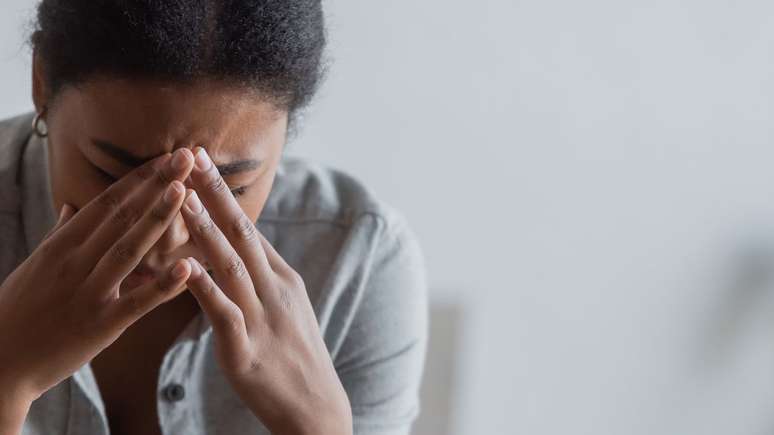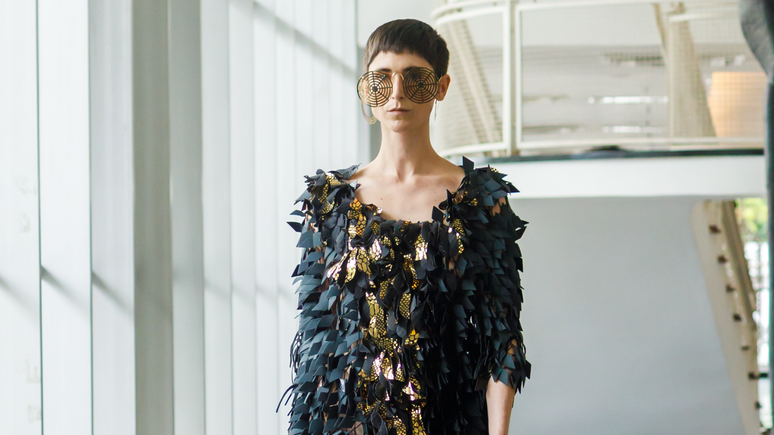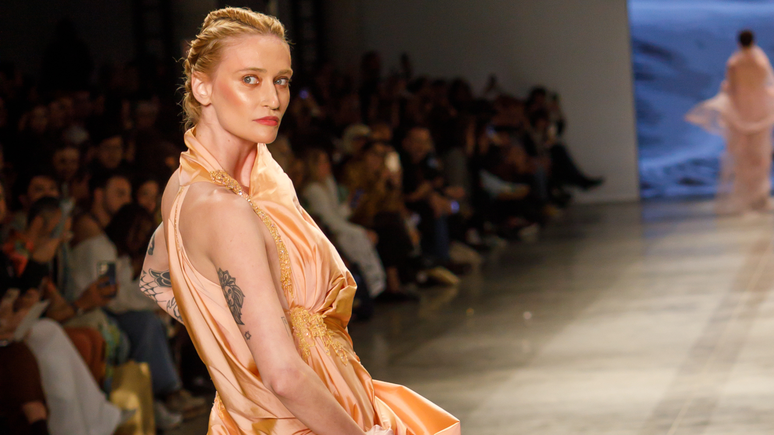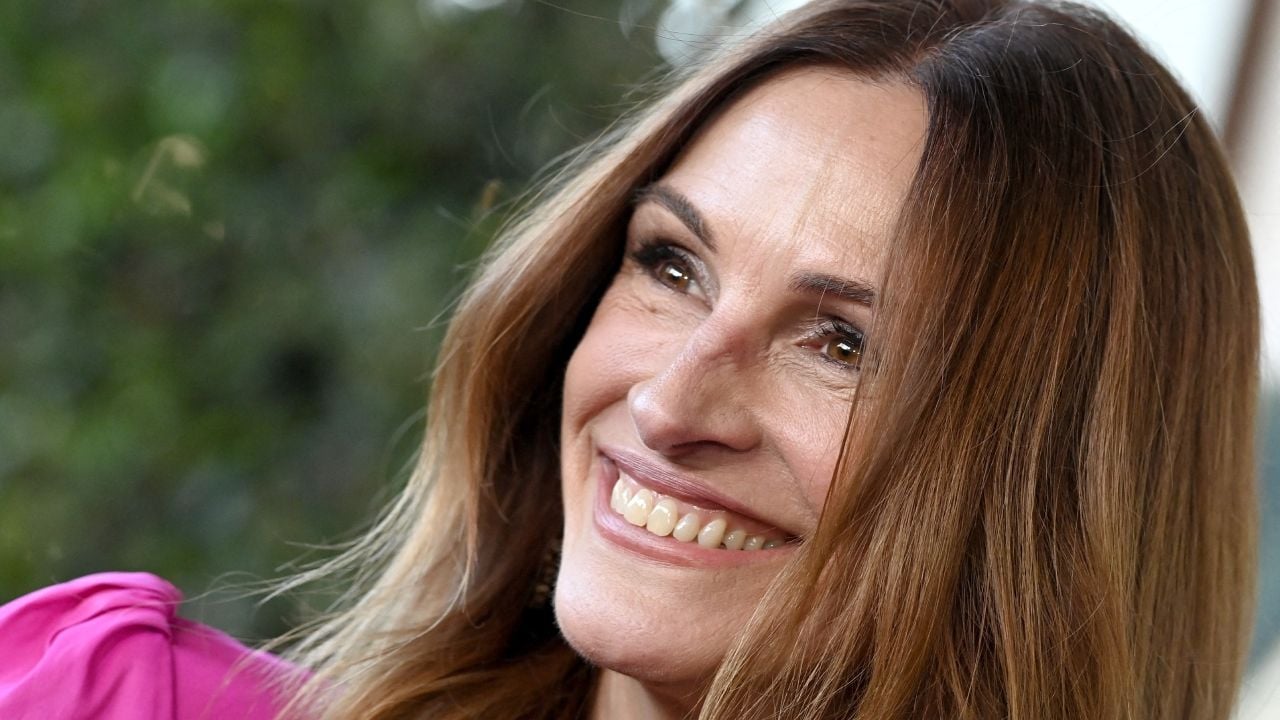A survey published at the end of 2023 by Think Olga, a non -governmental organization, revealed that seven out of ten diagnoses of anxiety and depression came from women
Have you ever felt anxious without understanding exactly why? Know that this feeling is not yours alone – and has profound explanations in history, biology and culture. Yes, we women are truly more susceptible to anxiety – and this happens for some reasons. A survey published at the end of 2023 from Think of OlgaA non -governmental organization revealed that seven out of ten diagnoses of anxiety and depression came from women. But what can he tell us?
Firstly, it is important to remember that anxiety, as a phenomenon of human behavior, has been recognized in short and included in the list of psychiatric disorders. At the time of our grandparents or even in the youth of our parents, it was rare to feel someone “I am anxious”. The concept of anxiety as a clinical category of study and attention is recent and, of course, this growing proof is deeply correlated to the culture of postmodern age.
The influence of hormones
To talk about anxiety in the female universe, it is essential to immerse yourself in our history. The first factor that makes us more vulnerable to this emotional state is the biological question. Hormonal oscillations are a constant feature in our bodies – and only we know the impact it can have in everyday life.
The intense and cyclical variations of hormones, such as estrogen and progesterone, influence not only the reproductive system, but also the brain, the mood and the nervous system. For example, during the menstrual cycle, these hormones oscillate monthly to prepare the body for a possible pregnancy, influencing neurotransmitters such as serotonin, which regulates mood. Not by chance, many women report irritability, sadness or anxiety in the period of PMS (Premenstrual tension).
In addition to the menstrual cycle, other phases such as pregnancy, perimenopausal and menopause are also moments of intense hormonal changes, which influence the emotional balance of various forms. These oscillations move the chemicals responsible for the feeling of well -being, therefore women have a greater predisposition to develop anxiety paintings at different times in life.
The pressure for perfection
However, female vulnerability to anxiety is not only explained by biology. Psychologically, the pressure for multitasking and perfection weighs much more about women than on men. There is a cultural expectation that women simultaneously represent multiple functions – which, in practice, are unsustainable. This overload, which feeds the constant feeling of insufficiency, contributes directly to the increase in anxiety.
Socially, we still face rigorous accusations, especially in relation to aesthetics. Despite recent progress, such as the movement of free bodies and the appreciation of different types of beauty, social networks continue to strengthen unattainable models. A clear example is aging: while the mature man is the most “expert” and “virile”, they associate the woman who is still aging, often with decay. Maintaining young people, for us, is almost an obligation.
The inequality that weighs on mental health
Gender inequality also weighs. Even with progress, most family tasks and children care still are still on women. In the labor market, we face daily obstacles – from the challenge of being listened to in most male meetings to the difficulty in employment of leadership spaces. Not to mention the many women who wake up at 5 in the morning and end only the trip a long time after 22:00. This reality expands stress and, consequently, anxiety.
How to deal with anxiety in everyday life?
It is essential to understand that anxiety is not an evil to “fight”, as often propagates. It must be balanced. The first step is reflection: understanding what anxiety causes us and seeking possible ways to face these pressures. Like physical health, even mental health requires cars –sensitivity – a challenge, it is true, in the face of realities so different among women, but nevertheless something necessary.
The ideal would be to adopt healthy habits: practice physical activities (when possible), take care of food, give priority to sleep and invest in self -knowledge. Therapeutic meditation, good friendships and domestic family relationships are also great allies. What we cannot expect is that someone will save us from this cycle: the power of transformation, even small, must come from the inside.
Whether it’s woman or man, every trip is unique. But we all deserve welcome and respect – and this, alone, would be a great relief for anxiety. Ah, be kind to yourself.
Source: Terra
Ben Stock is a lifestyle journalist and author at Gossipify. He writes about topics such as health, wellness, travel, food and home decor. He provides practical advice and inspiration to improve well-being, keeps readers up to date with latest lifestyle news and trends, known for his engaging writing style, in-depth analysis and unique perspectives.





![Un Si Grand Soleil Preview: Episode Summary for Tuesday, October 21, 2025 [SPOILERS] Un Si Grand Soleil Preview: Episode Summary for Tuesday, October 21, 2025 [SPOILERS]](https://fr.web.img4.acsta.net/img/c7/7f/c77f5c02e3632e8e611d5041c2b9f36e.jpg)



